Refine listing
Actions for selected content:
1295365 results in Books
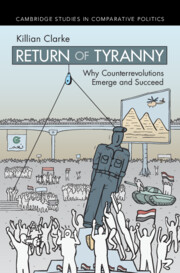
Return of Tyranny
- Why Counterrevolutions Emerge and Succeed
-
- Published online:
- 17 September 2025
- Print publication:
- 23 October 2025

National Human Rights Institutions in Europe and Latin America
- International and Comparative Perspectives
-
- Published by:
- Intersentia
- Published online:
- 17 September 2025
- Print publication:
- 19 February 2024

Dicey + 100
- Albert Venn Dicey: A Centennial Commemoration
-
- Published by:
- Intersentia
- Published online:
- 17 September 2025
- Print publication:
- 29 January 2024

Modern Slavery and the Governance of Global Value Chains
-
- Published online:
- 17 September 2025
- Print publication:
- 16 October 2025
-
- Book
-
- You have access
- Open access
- Export citation

The Brick-and-Mortar Bookstore in Contemporary India
-
- Published online:
- 17 September 2025
- Print publication:
- 02 October 2025
-
- Element
- Export citation

Thomism and the Natural Sciences
-
- Published online:
- 17 September 2025
- Print publication:
- 09 October 2025
-
- Element
- Export citation
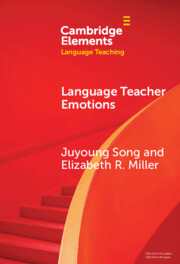
Language Teacher Emotions
-
- Published online:
- 17 September 2025
- Print publication:
- 09 October 2025
-
- Element
- Export citation
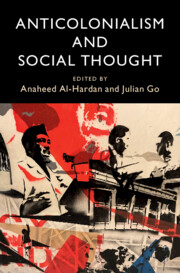
Anticolonialism and Social Thought
-
- Published online:
- 16 September 2025
- Print publication:
- 25 September 2025
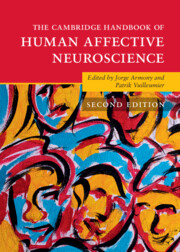
The Cambridge Handbook of Human Affective Neuroscience
-
- Published online:
- 16 September 2025
- Print publication:
- 02 October 2025

Financial Markets and Instruments in Private International Law
-
- Published by:
- Intersentia
- Published online:
- 16 September 2025
- Print publication:
- 28 April 2025

Toxic Education
- How Schools Are Damaging Young People's Health and Wellbeing and How We Can Fix Them
-
- Published by:
- Bristol University Press
- Published online:
- 16 September 2025
- Print publication:
- 10 April 2025

International Survey of Family Law 2024
-
- Published by:
- Intersentia
- Published online:
- 16 September 2025
- Print publication:
- 17 December 2024
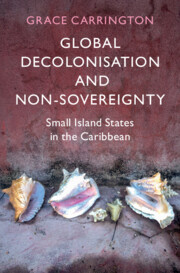
Global Decolonisation and Non-Sovereignty
- Small Island States in the Caribbean
-
- Published online:
- 16 September 2025
- Print publication:
- 31 July 2025

The Shanghai Cooperation Organization and China's Vision of International Relations
-
- Published by:
- Bristol University Press
- Published online:
- 16 September 2025
- Print publication:
- 26 May 2025

Nationality and Statelessness in Europe
- European Law on Preventing and Solving Statelessness
-
- Published by:
- Intersentia
- Published online:
- 16 September 2025
- Print publication:
- 20 June 2022
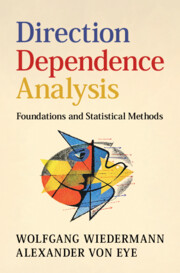
Direction Dependence Analysis
- Foundations and Statistical Methods
-
- Published online:
- 16 September 2025
- Print publication:
- 14 August 2025

Timelines for Modernity
- Rethinking Periodization for Global International Relations
-
- Published by:
- Bristol University Press
- Published online:
- 16 September 2025
- Print publication:
- 15 April 2025

Cross-Border Child Relocation in the EU
- The Dynamics of Europeanisation
-
- Published by:
- Intersentia
- Published online:
- 16 September 2025
- Print publication:
- 21 May 2024

The Hidden World of the Legal Aid Lawyer
- Upholding the Heart of Justice
-
- Published by:
- Bristol University Press
- Published online:
- 16 September 2025
- Print publication:
- 16 May 2025

The Cambridge Companion to Christology
-
- Published online:
- 15 September 2025
- Print publication:
- 02 October 2025
